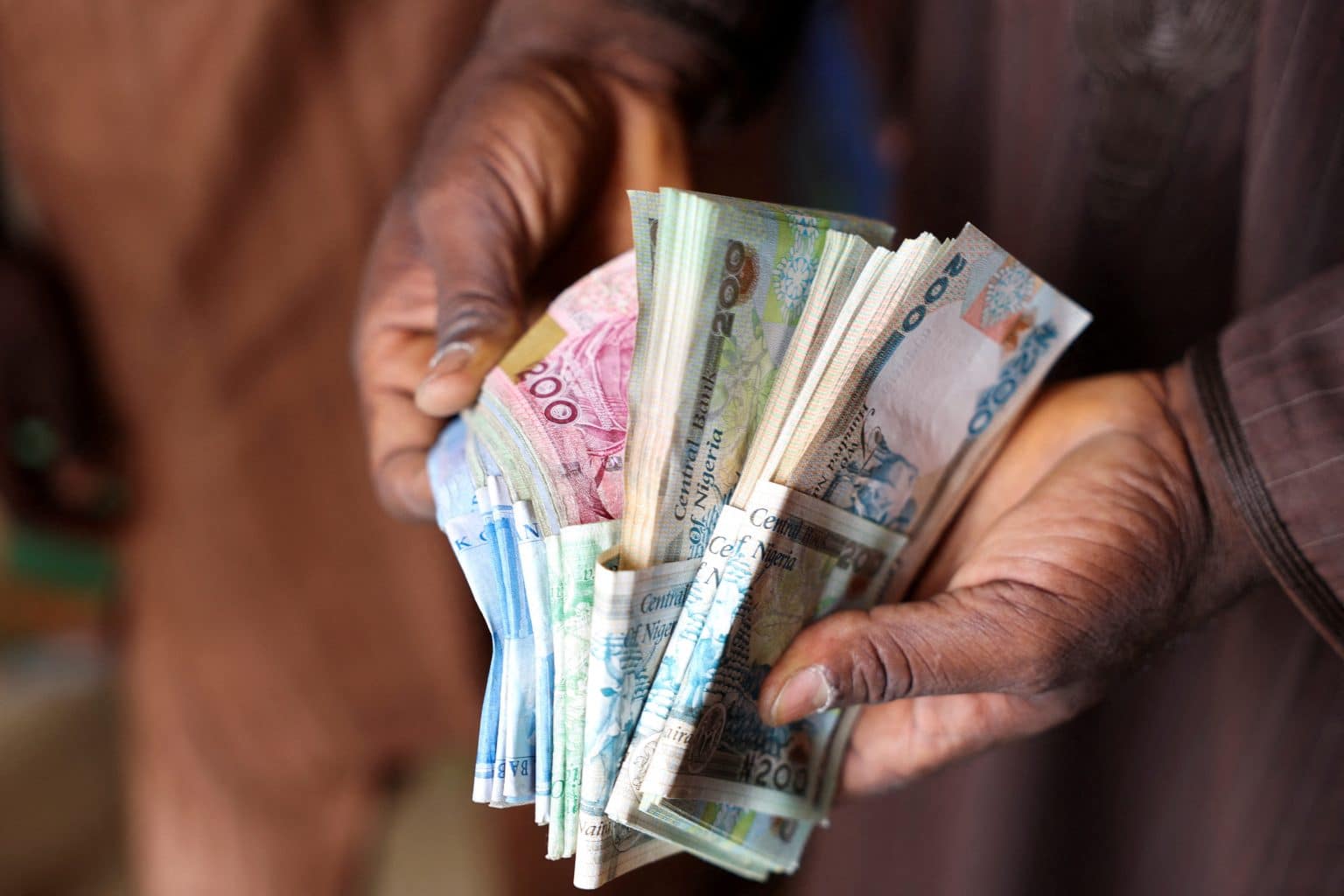BUSINESS

US SAYS TINUBU’S ₦70,000 MINIMUM WAGE HAS LOST VALUE TO NAIRA DEVALUATION
The United States government has raised concerns that President Bola Tinubu’s recent minimum wage increase has already been weakened by the sharp fall of the naira, leaving many Nigerians still trapped in poverty.
This was revealed in the 2024 Country Reports on Human Rights Practices, released on August 12 by the U.S. Department of State’s Bureau of Democracy, Human Rights, and Labour.
According to the report, the National Minimum Wage (Amendment) Act 2024 doubled the wage to ₦70,000 (about $47.90) per month. However, the benefit was short-lived as the currency’s rapid depreciation pushed the value below the poverty line.
The report also highlighted that not all workers are even covered by the law. Some states have failed to implement the new wage, while businesses with fewer than 25 employees are not required to comply.
“Many employers had fewer than 25 employees, so most workers were not covered. Some states declined to implement the minimum wage law, citing financial constraints,” the U.S. report noted.
President Tinubu had announced the wage increase in July 2024, a year after his government removed fuel subsidies and unified exchange rates. At the time, he assured that the minimum wage would be reviewed every three years instead of every five.
But with inflation soaring and the naira struggling, the reality is that ₦70,000 is no longer enough to shield workers from economic hardship. For millions of Nigerians, the wage hike has made little difference in their daily struggle with rising food prices, transportation costs, and general living expenses.
"This represents a significant development in our ongoing coverage of current events."— Editorial Board









